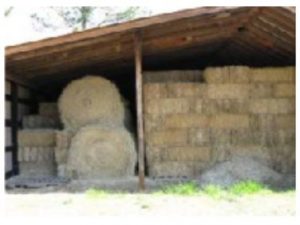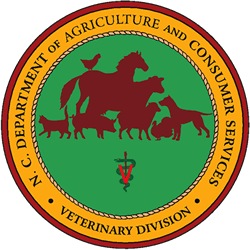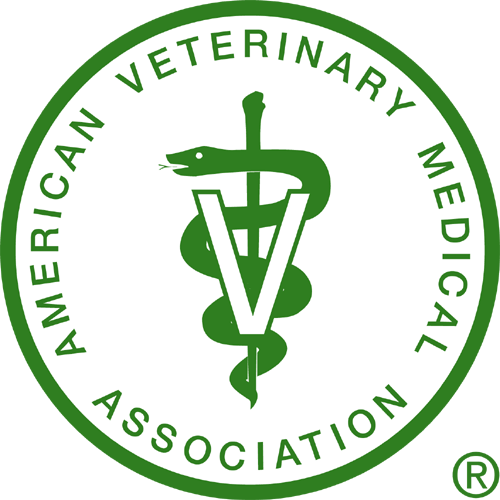When it gets cold outside we have the option to put on an extra layer of clothing or stay inside until the weather improves but what about our livestock or horses that live outside all year round? Here are a couple tips that can help to keep your animals healthy and warm during the winter season.
Food
In order for animals to be able to generate enough body heat to keep them warm, adequate nutrition is needed. Make sure that horses and livestock have access to hay as much as feasible. It is best to keep hay stored in a covered, dry area, up off the ground, and to place in pastures or barns as needed. Feeding a good quality hay is also important. Make sure to get your hay from a reputable source that tests their hay for the nutritional content and if it contains any toxins. Hay is especially an important source of nutrition when there isn’t a lot of grass to graze on, there is a foot of snow or more, or there is a sheet of ice on top on the snow. If the snow is soft, under a foot deep, and has no ice on the top, then animals should still be able to graze, provided there is grass to graze on normally. Another common source of nutrition is grain. Grain can be used to supplement any nutrients that the animal may not be getting, whether that is due to a lack of grass to graze on or poor quality hay. In the winter season, the amount of grain may need to be slightly increased based on these factors. Make sure to talk to a veterinarian at Scarlett Mobile Large Animal Services about the right amount of grain for your animals because too much grain can lead to health problems.
Water
Always make sure animals have access to a clean reliable water source even in the winter time. Daily water requirements for small ruminants is least 3 gallons, cattle 14 gallons, and horses 5-10 gallons per day. Even with snow on the ground they cannot possibly meet their daily
water requirements by just eating snow or licking ice alone. Tank heaters may be necessary to keep water from freezing- please follow the manufacturer guidelines with any artificial heating source to ensure no fires or electrocutions occur. For individual or a few animals, buckets or fresh water may be carried into the pasture multiple times a day.
Shelter
Livestock and horses should have access to a three-sided shed, a barn, or a group of trees to retreat to if the wind, rain, or snow gets too bad. If there are old, sick, or animals with insufficient hair coats then blankets may be needed. Healthy animals with adequate nutrition
and hair coats should be fine to stay outside even in weather as cold as 0°F. If there is an enclosed structure for animals to retreat to, make sure to have clean dry bedding to help insulate and keep heat in. It is important to change out the bedding frequently to prevent the
buildup of ammonia and manure that can lead to serious health issues. And, as always in an enclosed structure, make sure there is adequate ventilation but no draft.
Health & Veterinary Concerns
Continue to monitor your animals over the winter season. Vaccinations, hoof trimmings, deworming, and health check-ups should still continue to be done if needed. Never hesitate to call or email Scarlett Mobile Large Animal Services with any questions or concerns!
Stay safe and stay warm!
Melissa Gargagliano
NCSU College of Veterinary Medicine Class of 2018




